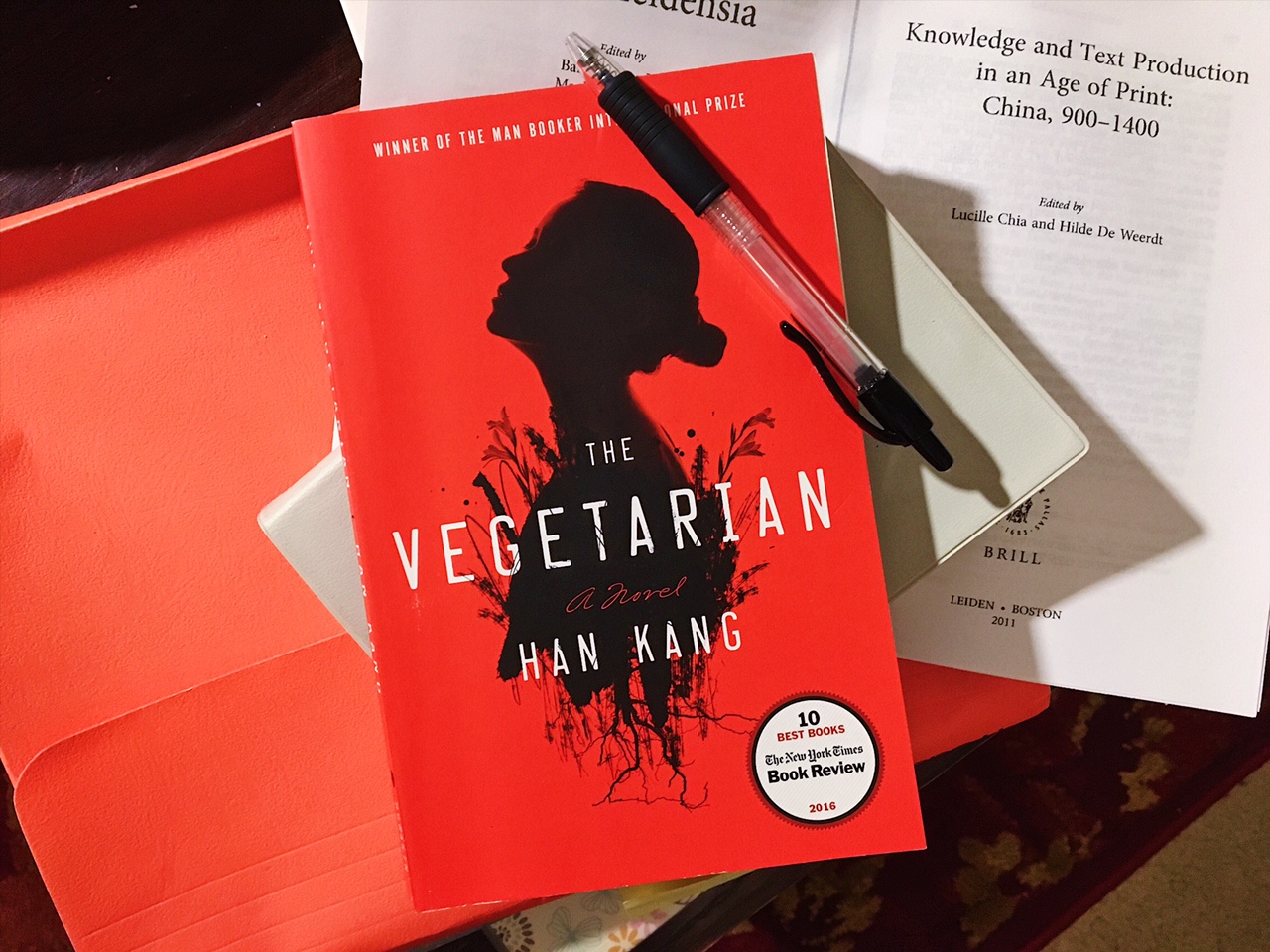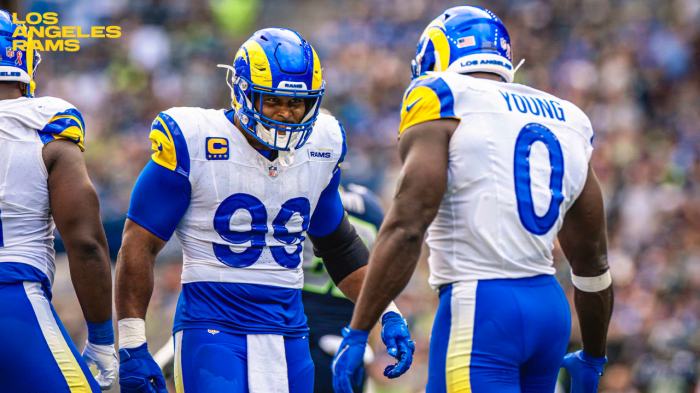Societal Expectations and Gender Roles
The novel critiques the rigid societal expectations imposed upon women, particularly in a patriarchal society. Yeong-hye’s refusal to conform to the traditional role of a wife and mother sparks disapproval and confusion from her family and society at large. Her rebellion exposes the limitations and injustices inherent in these societal expectations, highlighting the pressure women face to conform to predefined roles.
Interpretations of the Ending
The novel’s ending remains open to interpretation, leaving readers to ponder the fate of Yeong-hye and the implications of her transformation. Some critics interpret the ending as a tragic one, suggesting that Yeong-hye’s descent into madness and her ultimate demise represent the tragic consequences of defying societal norms.
Others view the ending as a liberation, arguing that Yeong-hye’s transformation signifies a rejection of the limitations of human identity and a return to a more primal state of being.
Symbolism and Imagery
The novel is rich in symbolism and imagery, which contribute significantly to its overall impact. The recurring motif of the animal, particularly the deer, symbolizes Yeong-hye’s yearning for freedom and her rejection of the constraints of human society. The image of the deer, often depicted as vulnerable and graceful, reflects Yeong-hye’s own vulnerability and her desire to escape the confines of her prescribed role.
The novel’s use of imagery and symbolism enhances its allegorical nature, allowing readers to engage with the text on multiple levels.
Closing Notes
Han Kang’s “The Vegetarian” has left an indelible mark on the literary landscape, provoking discussion and challenging readers to confront complex issues related to identity, agency, and the body. Its critical reception has been multifaceted, ranging from enthusiastic praise to nuanced critiques, ultimately contributing to the novel’s lasting impact and influence.
“The Vegetarian” stands as a testament to the power of literature to spark dialogue, challenge conventions, and offer profound insights into the human condition.







